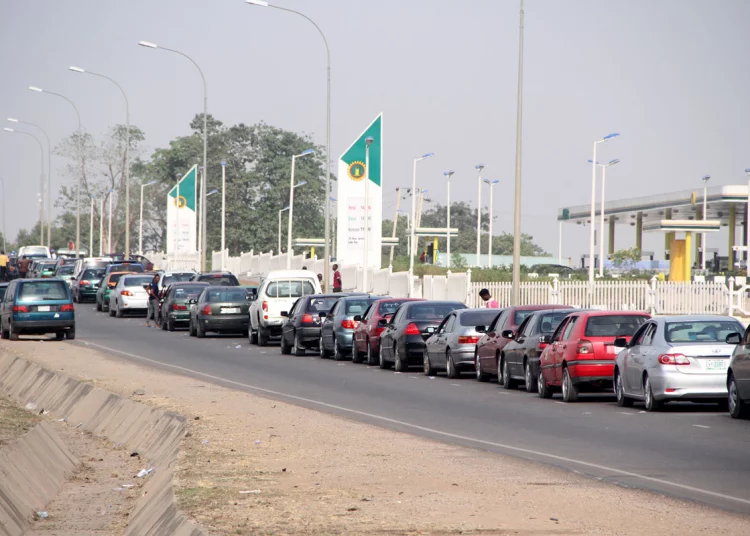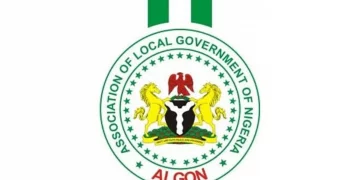The petrol scarcity in Abuja the federal capital territory, and its environs is biting harder despite assurances from both the Nigerian National Petroleum Company (NNPC) Limited and the Nigerian Midstream Downstream Petroleum Regulatory Authority (NMDPRA) that the situation would ease following supply of the product.
Recall that the NNPC had last week Wednesday, assured that 146 petroleum trucks had arrived Abuja following the receding of the flood that affected vehicular movement in Lokoja, Kogi state.
LEADERSHIP checks across the federal capital reveal that most filling stations are shut due to lack of petrol supply while long queues still persists at the few filling stations having the product.
This is as black marketers continued to make brisk business at every corner particularly right in front of the stations were long queues of motorists were unable to get supplies.
The federal government had about two weeks ago attributed the latest round of petrol scarcity to flooded roads in Lokoja, Kogi state, a major transit route for tankers bringing products into Abuja.
The government said the flood incident has made the road impassable leaving trucks and other road users stranded.
However, the group executive director, Downstream, NNPC Ltd, Engr Adeyemi Adetunji had at a media briefing on last Wednesday announced the arrival of the 146 truckloads of petrol into the capital.
Transporters Hike Fares As Fuel Scarcity Lingers
“As of yesterday, October 11, 2022, 146 petroleum tanker trucks have arrived the depot for dispatch into Abuja and the environs.
“Trucks have continued to arrive the depot for onward dispatches. Products delivery to other parts of the country are also continuing with the improved vehicular movements northwards,” Adetunji had said.
Additionally, he’d said the Nigerian NMDPRA and the NNPC Ltd have allowed the re-routing of trucks carrying petroleum products from Warri and Ogara axis through Port-Harcourt and Makurdi into Abuja and other parts of the north.
Also, the NMDPRA, had advised marketers against taking advantage of the situation to hoard the product.
The Authority said it was working with other government agencies and security forces to open another route to the nation’s capital.
Speaking on why the shortage has persisted, the public relations officer of the Independent Petroleum Marketers Association of Nigeria, (IPMAN), Chief Chinedu Ukadike blamed it on logistics and bad state of roads in the country.
Ukadike explained that most inland depots were without the product, saying it was taking longer days for trucks to move from the south to the northern parts of the country.
“The problem is logistic in nature and also the effect of long hauls because most of the depots are without the product. The roads are also very bad and from Lagos to Suleja or Kaduna it takes about four days now rather than the normal 48 hours if the roads were in good condition. There is also the challenge in Apapa. The way to go is to get the pipe lines working,” he told Vanguard.





